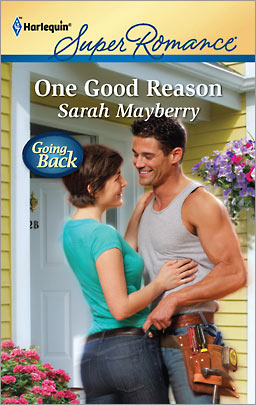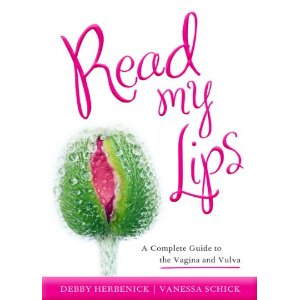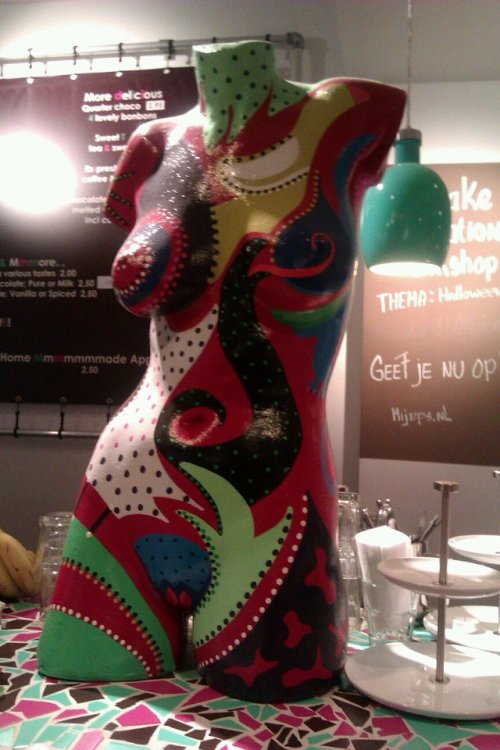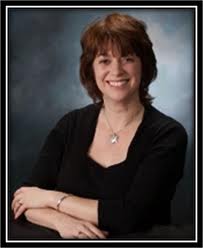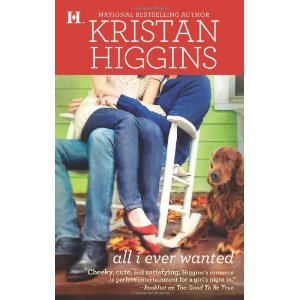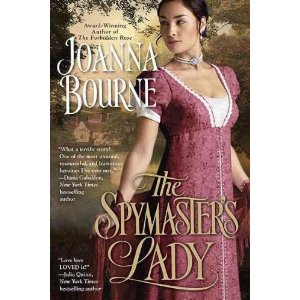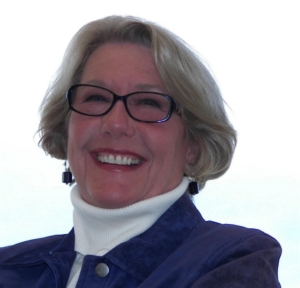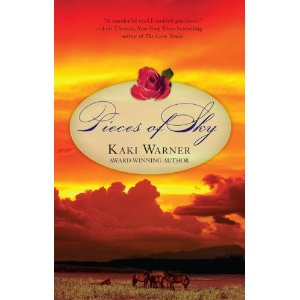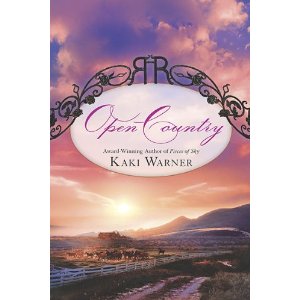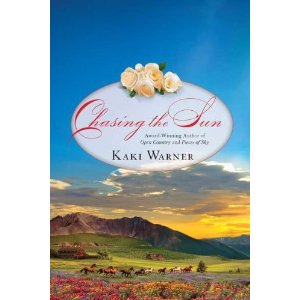First, I’d like to thank Kat for inviting me over here to her blog. You gotta love someone who says–I’d like you to guest post and can you make it about sex? LOL
Why, yes, yes I can actually. : )
A couple of weeks ago, I ran across this article via Twitter (where all interesting things come from) on Slate called P0rn Women Want: Why Does it Make Men So Uncomfortable? The post was basically about this guy:

Deen has carved out a niche in the industry by looking like the one guy who doesn’t belong there. Scroll through L.A.’s top p0rn agency sites and you’ll find… just a few dozen men available…. These guys all have a familiar look—neck chains, frosted tips, unreasonable biceps, tribal tattoos. Deen looks like he was plucked from a particularly intellectual frat house.
Which of course made me think–yes, this is why most women roll their eyes at p0rn. Beyond the complete lack of story line and emotional connection, the dudes are ugly and the girls are fake-looking. If the male actors looked like Alexander Skarsgard or Bradley Cooper, I’m thinking we ladies might change our mind and take a peek.
The straight male performer must be attractive enough to serve as a prop, but not so attractive that he becomes the object of desire.
Hmm. Okay, maybe I could see that if a guy is particularly homophobic or un-evolved. But it seemed a little far-fetched. So, of course, I asked my husband (who is mostly evolved and finds p0rn more comedic than sexy) his opinion. After a derisive snort, he said, “It’s not about guys worrying about gay feelings. The reason is the same reason your romance novels have Mr. Perfect as the hero and Ms. Average Every Day Girl as the heroine.”
And you know what? He had a good point.
In fantasy, whether it be via books or something visual, we naturally put ourselves in the heroine’s (or hero’s if you’re a guy) shoes. If the heroine is written as some gorgeous model type who never gains a pound, never has an insecurity, and who wakes up with perfect hair–none of us are going to be able to relate. So most often, romance writers create heroines we “get”. And though she may actually BE beautiful, she doesn’t know it. We only see her beauty through the hero’s eyes when we’re in his POV. (Because isn’t that really our fantasy? That the guy we love sees us as the most beautiful girl even if we aren’t to the rest of the world.)
But on the flipside, in our fantasy, in addition to having the guy be smart and kind-hearted and loving, we do want him to look like Bradley Cooper or Alexander Skarsgard. Men haven’t cornered the market on being visual, you know. It’s not to say we hold up our mates to those six-pack ab, slay the dragon, alpha standards, but everything is exaggerated in fantasy.
Which is the same reason why the guys look like they do in p0rn and the girls are the exaggerated female “ideal” (giant boobs, skinny, long hair, always ready and willing, etc.) The guys don’t want to think–damn, in order to land that kind of girl I’d have to look like Brad Pitt. They want to think, hey, I’m better looking than that frosted-tipped, tribal tattooed guy. I could totally bed this girl.
*snort*
So even though men and women are built very differently, it seems we have some things in common when it comes to this. We’re all a little insecure and we all can go a little overboard in fantasy land. It does kind of make me want to write a less than perfect-looking hero though, just to make a point.
But in the meantime, you can admire the perfect abs of my hero Reid on the cover of CRASH INTO YOU. 😉 *pets*

Any thoughts on all of this? Anyone think it really is guys being afraid the pretty boys will make them think impure thoughts? And how do you like your heroes in your books? Does your mate ever give you flack for reading romance novels with half-naked men on the front?
 Roni wrote her first romance novel at age fifteen when she discovered writing about boys was way easier than actually talking to them. Since then, her flirting skills haven’t improved, but she likes to think her storytelling ability has.
Roni wrote her first romance novel at age fifteen when she discovered writing about boys was way easier than actually talking to them. Since then, her flirting skills haven’t improved, but she likes to think her storytelling ability has.



